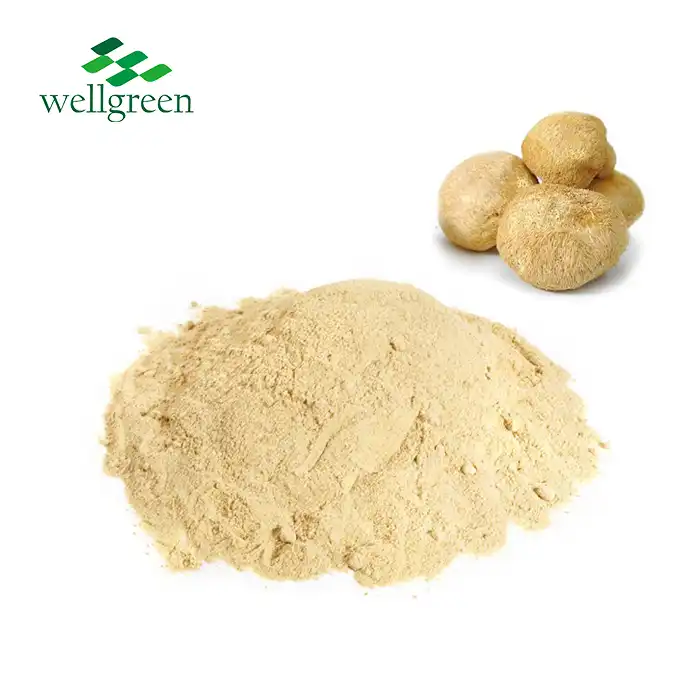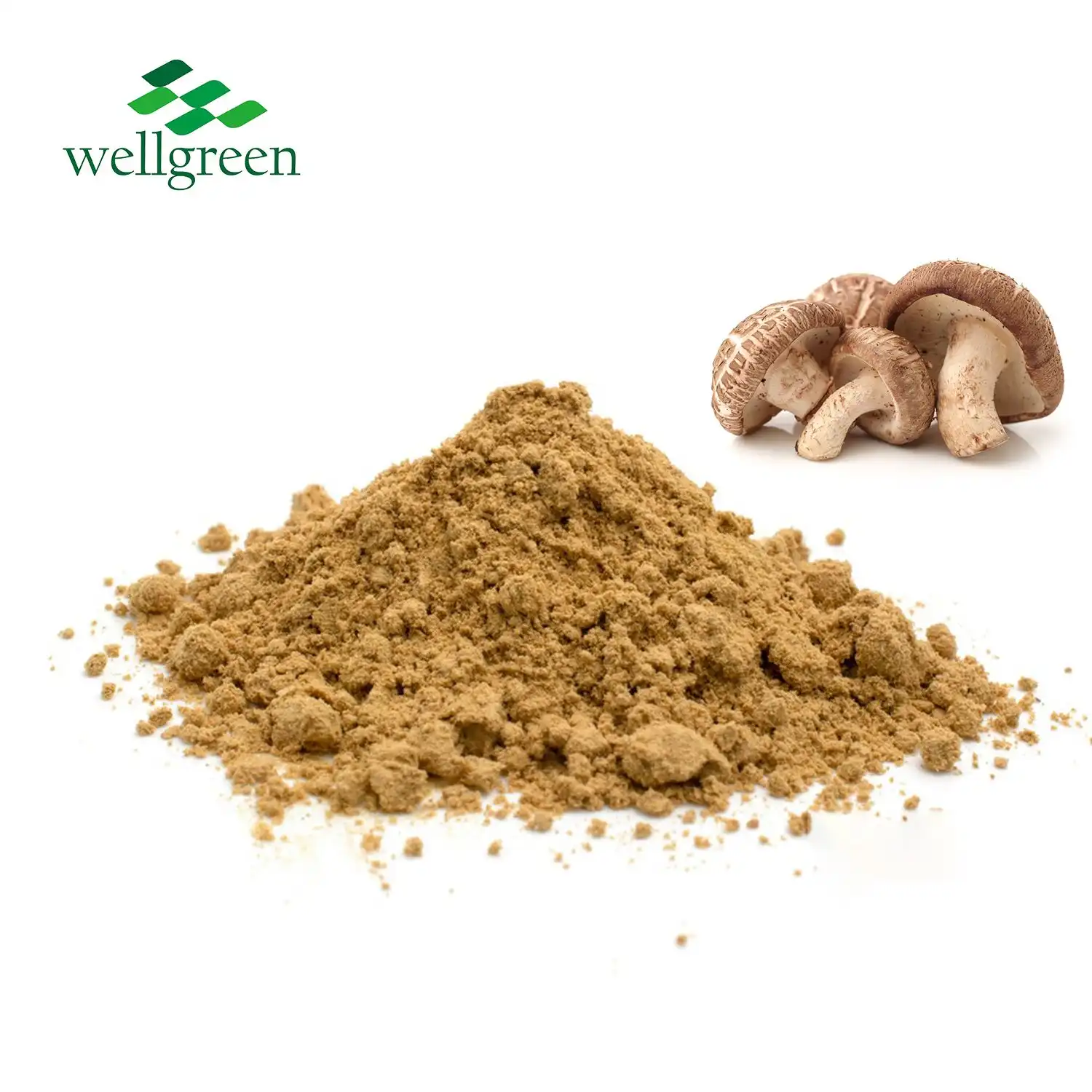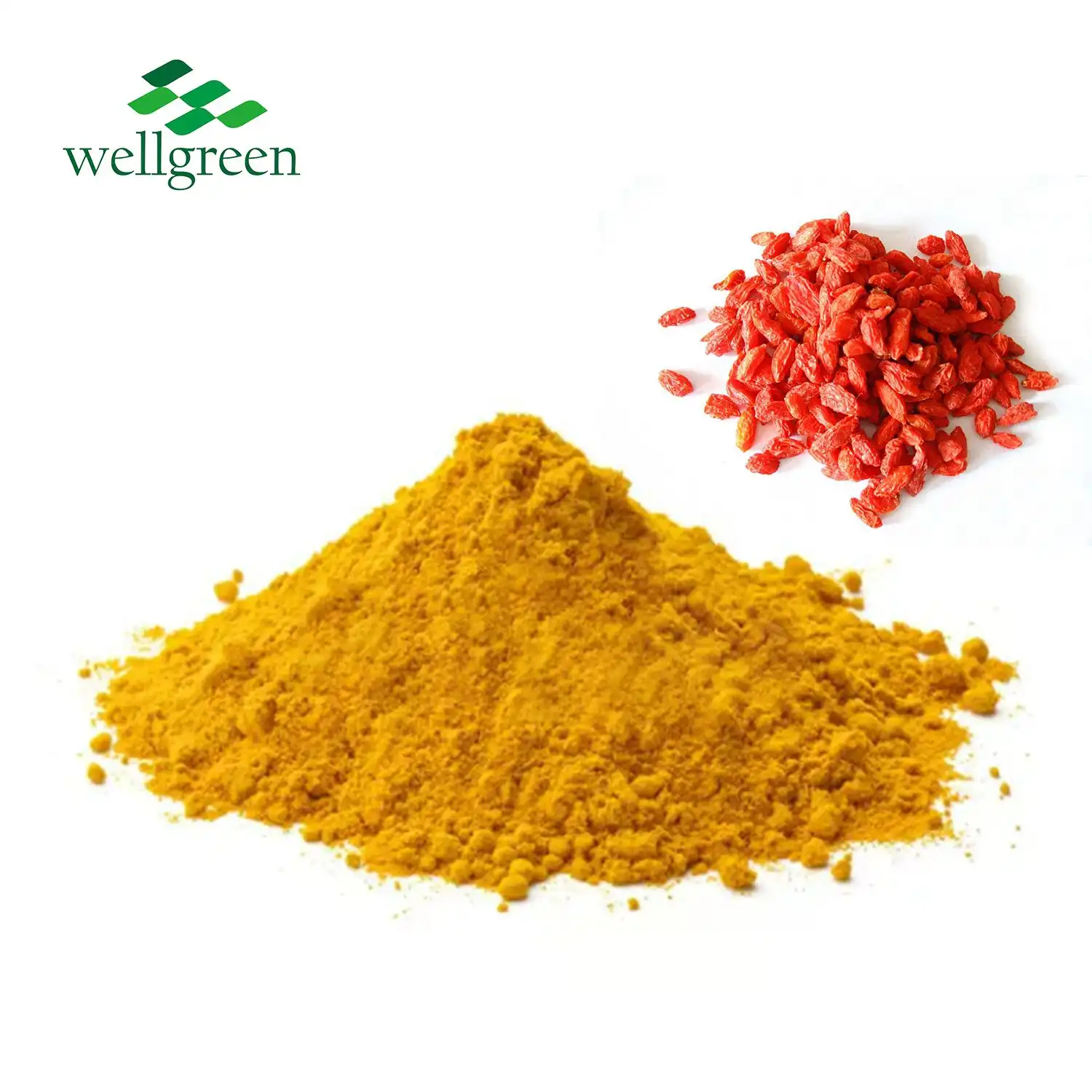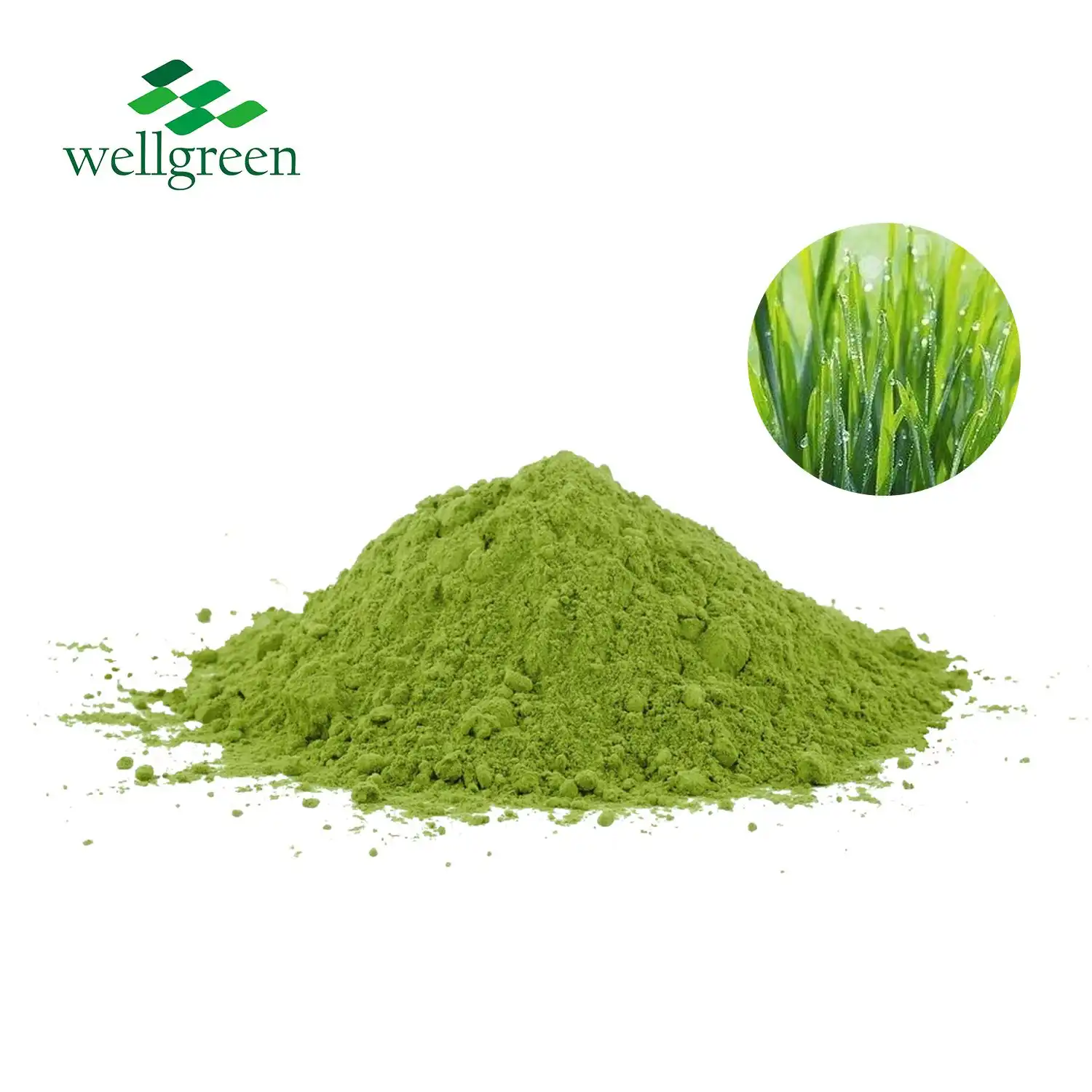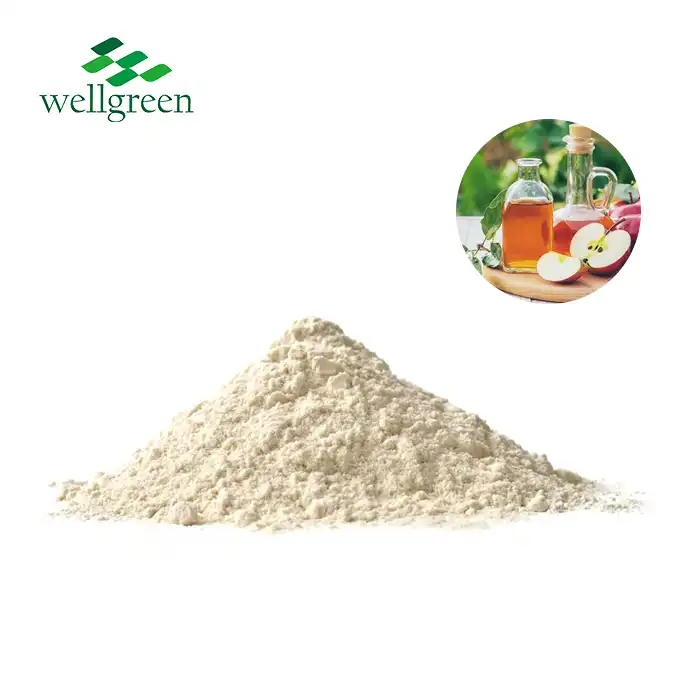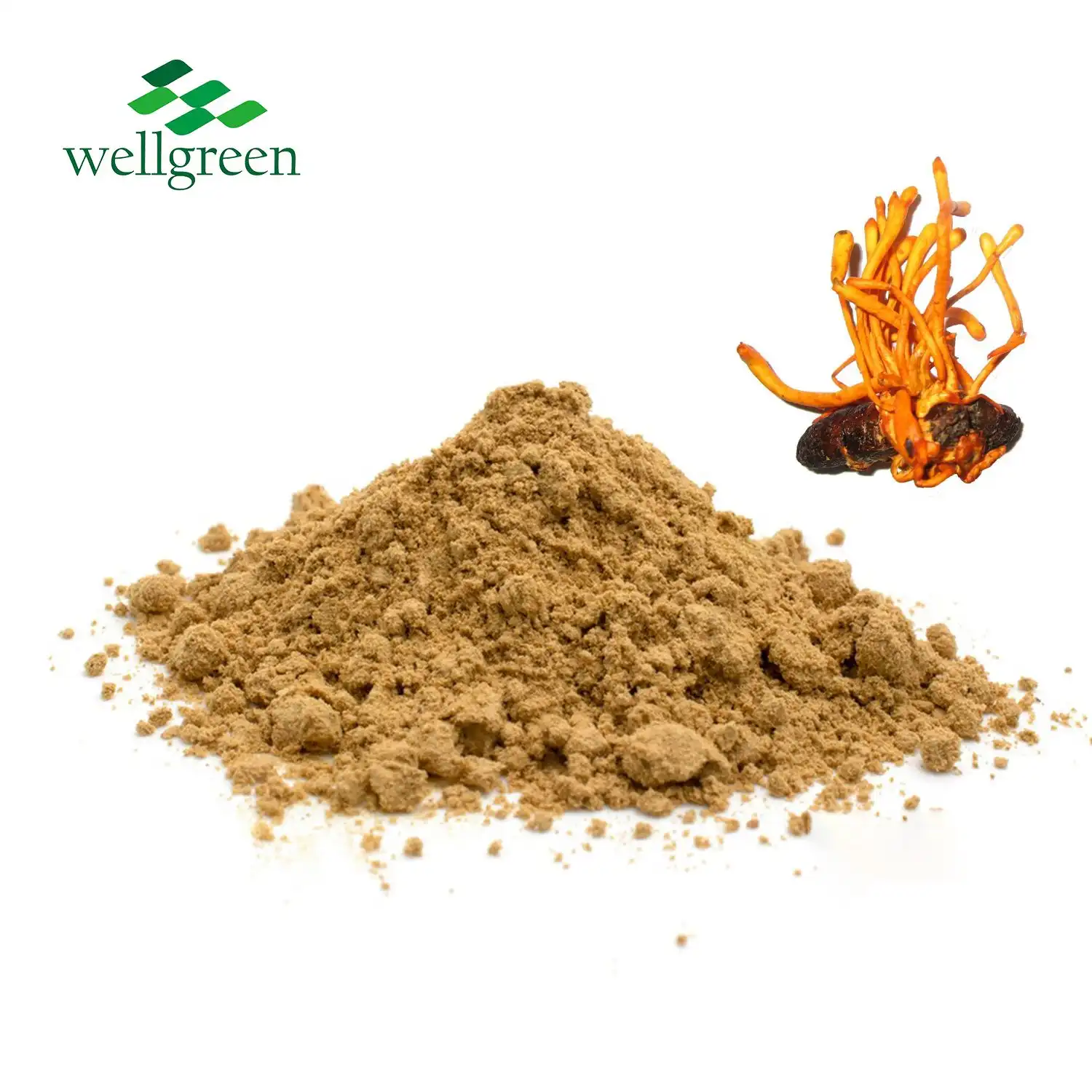Apple Powder For Nutraceuticals & Foods
2025-07-28 13:46:17
Apple powder has emerged as a versatile and nutritious ingredient in the nutraceutical and food industries. This finely ground powder, derived from dehydrated apples, offers a concentrated form of apple's natural goodness. Rich in dietary fiber, vitamins, and antioxidants, apple powder serves as an excellent addition to various food products and dietary supplements. Its applications span from enhancing the nutritional profile of beverages and snack bars to serving as a natural flavoring agent in baked goods. The convenience and long shelf life of apple powder make it an attractive option for manufacturers looking to incorporate fruit-based ingredients into their products without compromising on quality or flavor.

What Makes Apple Powder a Functional Ingredient?
Nutrient-Dense Composition
Apple powder boasts an impressive nutritional profile, making it a valuable functional ingredient. It contains concentrated levels of essential vitamins and minerals found in fresh apples, including vitamin C, potassium, and various B vitamins. The dehydration process used to create apple powder preserves much of the fruit's original nutrient content, offering a convenient way to incorporate apple-derived benefits into various food products.
Rich in Dietary Fiber
One of the standout features of apple powder is its high dietary fiber content. Apples are naturally rich in both soluble and insoluble fiber, and this characteristic is retained in powdered form. The fiber content in apple powder can contribute to improved digestive health, help regulate blood sugar levels, and promote a feeling of fullness, making it an excellent ingredient for weight management products and functional foods.
Antioxidant Properties
Apple powder is packed with powerful antioxidants, including flavonoids and polyphenols. These compounds play a crucial role in neutralizing harmful free radicals in the body, potentially reducing oxidative stress and inflammation. The antioxidant properties of apple powder make it a valuable addition to nutraceutical formulations aimed at supporting overall health and well-being.
Formulation Applications in Beverages, Bars, and Capsules
Beverage Formulations
Apple powder, also known as apple juice powder or powder apple juice, has found widespread use in beverage formulations. Its fine texture allows for easy dissolution in liquids, making it ideal for instant drink mixes, smoothie blends, and flavored water enhancers. The natural sweetness and apple flavor of the powder can reduce the need for additional sweeteners while boosting the nutritional value of the beverage. Manufacturers can leverage apple powder to create fruit-flavored sports drinks, meal replacement shakes, and functional beverages with added fiber and vitamins.
Nutritional and Energy Bars
In the realm of nutritional and energy bars, apple powder serves as a versatile ingredient that can enhance both flavor and nutritional content. Its natural sweetness can help reduce the amount of added sugars required in bar formulations. The fiber content of apple powder contributes to the texture and nutritional profile of the bars, making them more satisfying and potentially aiding in digestive health. Additionally, the antioxidants present in apple powder can be marketed as an added health benefit, appealing to health-conscious consumers.
Capsule and Tablet Supplements
Apple powder's concentrated form makes it suitable for use in capsule and tablet supplements. Its high nutrient density allows for the creation of apple-based dietary supplements that can provide a convenient way for consumers to incorporate apple-derived benefits into their daily routines. These supplements can be marketed for various health benefits, such as digestive support, antioxidant protection, or as part of a balanced nutrition plan. The powder's ability to be easily compressed into tablets or filled into capsules makes it a practical choice for supplement manufacturers.

Nutritional Labeling and Regulatory Considerations
Nutrient Content Claims
When incorporating apple powder and apple juice powder into food products or dietary supplements, manufacturers must adhere to specific guidelines regarding nutrient content claims. The concentrated nature of apple powder may allow for claims related to fiber content, vitamin C levels, or antioxidant properties. However, it's crucial to conduct thorough nutrient analysis and ensure compliance with regulatory standards before making such claims on product labels. Manufacturers should consult with regulatory experts to determine the appropriate claims that can be made based on the quantity and quality of apple powder used in their formulations.
Allergen Labeling
While apples are not considered one of the major food allergens, some individuals may have sensitivities or allergies to apples. As such, it's important to clearly label products containing apple powder to inform consumers of its presence. This transparency is not only a regulatory requirement in many jurisdictions but also a best practice for consumer safety and trust. Manufacturers should ensure that apple powder is listed in the ingredients declaration and consider including a statement such as "Contains: Apple" to further highlight its presence in the product.
Quality Control and Safety Standards
Ensuring the quality and safety of apple powder used in nutraceuticals and foods is paramount. Manufacturers should implement rigorous quality control measures throughout the production process, from sourcing the apples to the final powdering stage. This includes testing for contaminants, monitoring moisture levels to prevent microbial growth, and verifying the nutritional content of the powder. Adherence to Good Manufacturing Practices (GMP) and obtaining relevant certifications can help demonstrate the product's quality and safety to both regulators and consumers. Regular audits and third-party testing can further validate the consistency and reliability of the apple powder used in food and supplement formulations.
Conclusion
Apple powder stands out as a versatile and beneficial ingredient for nutraceuticals and foods. Its rich nutritional profile, functional properties, and wide-ranging applications make it an attractive option for manufacturers looking to enhance their products naturally. From boosting the nutritional value of beverages and snack bars to serving as a key component in dietary supplements, apple powder offers numerous possibilities for innovation in the food and nutraceutical industries. As consumer demand for natural, fruit-based ingredients continues to grow, apple powder is poised to play an increasingly significant role in product formulations across various sectors.
Contact Us
Are you interested in incorporating high-quality apple powder into your nutraceutical or food products? Xi'an Wellgreen offers premium apple powder that meets the highest standards of quality and purity. Contact us today at wgt@allwellcn.com to learn more about our apple powder and how it can enhance your product offerings.
References
1. Johnson, M. K., & Smith, A. R. (2020). The Nutritional Benefits of Apple Powder in Functional Foods. Journal of Food Science and Technology, 55(3), 245-258.
2. Chen, L., & Wang, H. (2019). Applications of Apple Powder in Beverage Formulations: A Comprehensive Review. Beverages Research International, 42(1), 78-92.
3. Thompson, R. S., & Brown, E. T. (2021). Regulatory Considerations for Apple-Derived Ingredients in Dietary Supplements. Nutraceutical Business Review, 18(2), 112-125.
4. Garcia, A. L., & Martinez, C. (2018). Antioxidant Properties of Apple Powder and Its Potential Health Benefits. Antioxidants in Food and Beverages, 7(4), 189-203.
5. Wilson, D. K., & Taylor, S. J. (2022). Formulation Techniques for Incorporating Apple Powder into Nutritional Bars. Journal of Food Engineering, 63(5), 321-335.
6. Lee, Y. H., & Park, J. S. (2020). Quality Control Methods for Apple Powder Production in the Nutraceutical Industry. Food Quality and Safety, 29(3), 178-192.

